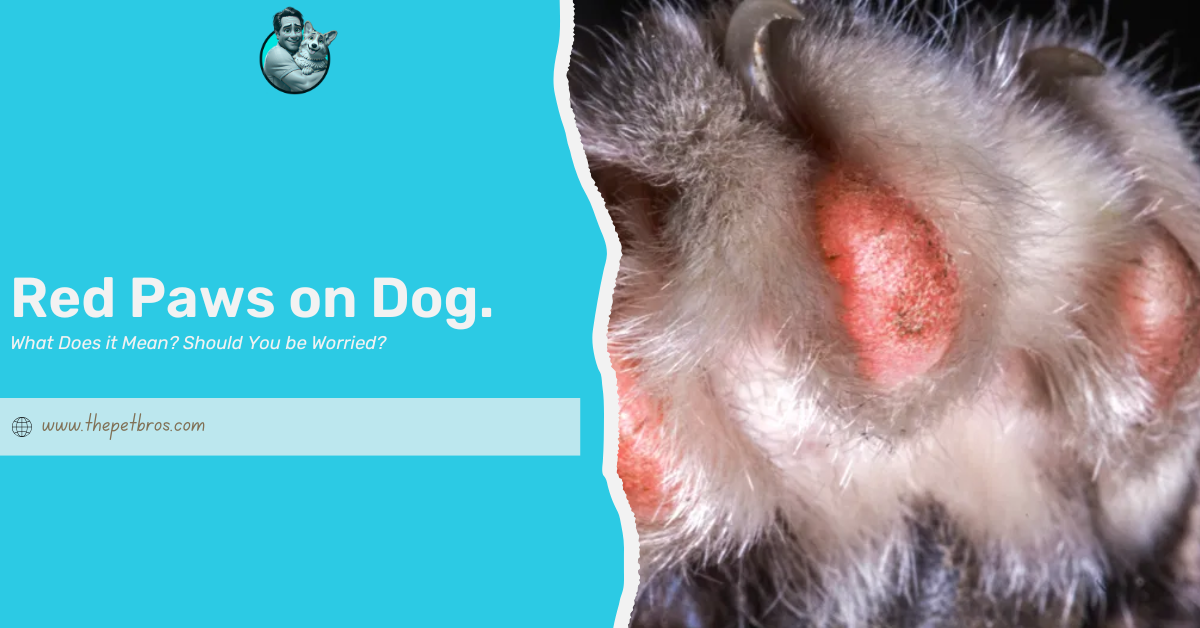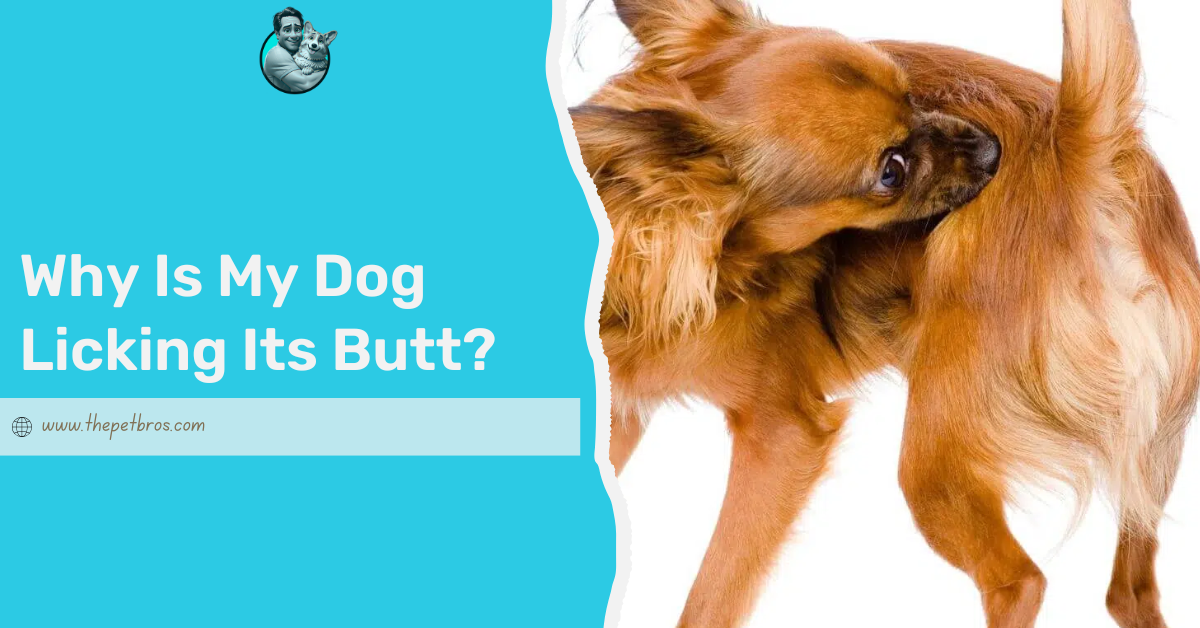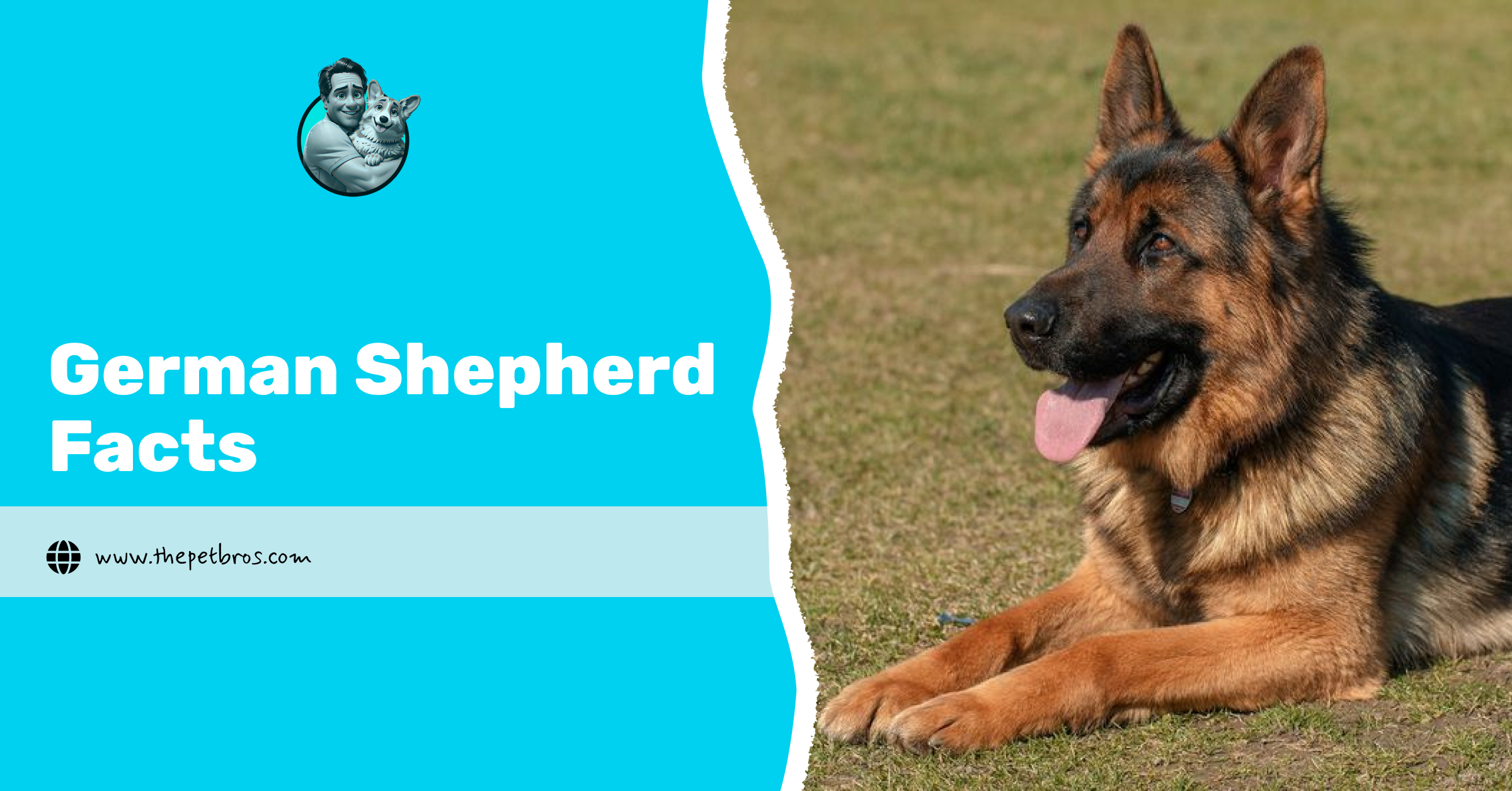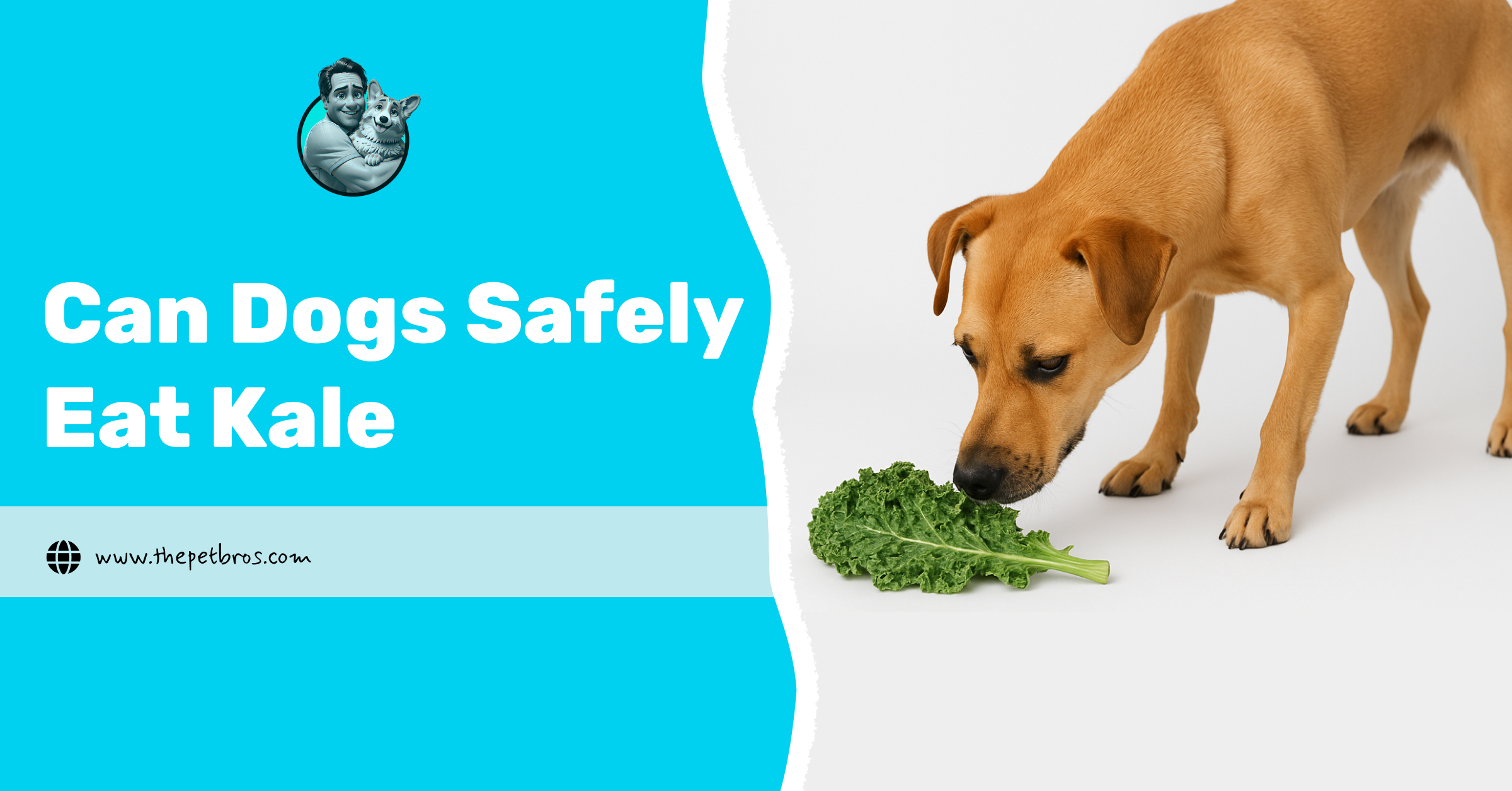Have you ever been snuggled up on the sofa, only to notice your dog breathing fast while sleeping? As a caring pet owner, it’s completely natural to be concerned and wonder if something might be wrong. After all, our dogs are family, and their health and comfort mean the world to us.
But before you panic, rest assured that many pet owners have the same question. In fact, dogs breathing fast while they’re sleeping is more common than you might think!
There are several reasons this happens, and often, it’s perfectly normal. However, it’s also important to know when you should be a little more concerned and consider seeking professional advice. So, yeah, here goes nothing…
Is It Normal for Dogs to Breathe Fast While Sleeping?
Yes, in most cases, it’s completely normal for dogs to breathe fast while they’re sleeping. Just like humans, dogs go through different stages of sleep, and one of those stages is called REM (Rapid Eye Movement) sleep. During REM, your dog’s brain is very active, which can cause them to dream, twitch, and even breathe faster or heavier than usual. Sometimes, they routinely jerk awake to howl.
So, if you notice your dog’s chest rising and falling quickly while they’re catching some Z’s, there’s a good chance they’re simply dreaming away or for other reasons, which we will discuss in the next section.
Why Is My Dog Breathing Fast While Sleeping?
Now, let’s break down the most common causes and what they mean for your dog’s health.
1. REM Sleep
One of the primary reasons for fast breathing in dogs during sleep is the REM (Rapid Eye Movement) stage, which is an essential part of their sleep cycle. During this phase, your dog’s brain is highly active, almost as active as it is when they’re awake. This type of rapid breathing in dogs during REM sleep is completely normal and part of their natural sleep behaviour. So, if you see your dog breathing fast while sleeping, they’re likely just having a dream about a day at the park or chasing their favourite toy.
2. Heat and Temperature Regulation
Dogs don’t sweat like humans do. Instead, they rely on their respiratory system to regulate body temperature. This is why dogs often pant when they’re hot. Similarly, if your dog is feeling warm while they’re sleeping, you may notice them breathing fast and shallow as a way to cool down. This can happen more frequently during warmer months or if your dog is sleeping in a snug or poorly ventilated area.
To help your dog stay cool, ensure their sleeping environment isn’t too warm, especially if they like to snuggle under blankets or sleep near heat sources. Providing a cooler spot or better ventilation can reduce the likelihood of your dog breathing fast while sleeping due to heat.
3. Puppy Growth and Development
If you have a puppy, you may notice them breathing much faster than adult dogs while sleeping. Puppy breathing fast during sleep is usually a result of their rapid growth and high metabolism.
Puppies have a lot of developing to do in a short amount of time, and their bodies are working harder, even when they’re asleep. Their energy needs are greater, which means their heart rate and breathing can increase to supply more oxygen to their growing tissues.
This is entirely normal and tends to settle as they grow older. However, it’s always a good idea to monitor for any unusual signs, just to make sure their breathing while fast asleep remains healthy.
4. Exercise Before Sleep
Physical activity is another common reason for your dog breathing fast while sleeping. If your dog had a particularly active day, it can take a while for their body to fully settle down. Even after they’ve fallen asleep, their heart rate and breathing may still be elevated as their body processes the physical exertion. The fast breathing typically subsides once the body reaches a resting state, so there’s usually no need for concern.
5. Stress or Anxiety
Just like humans, dogs can carry the effects of stress into their sleep. If your dog has had a stressful or anxious day, you may notice them breathing faster while sleeping. It happens even when the dog is only resting.
When a dog is anxious, its body releases stress hormones, which can cause its heart rate and breathing to increase. Common triggers of stress for dogs include loud noises, changes in their environment, separation from their owner, or encounters with unfamiliar people or animals.
If stress or anxiety is a frequent concern for your dog, consider addressing the triggers in their environment to help them feel more relaxed.
6. Breed-Specific Traits
Some dog breeds (Brachycephalic breeds) are naturally prone to faster breathing, even when they’re at rest or asleep. These breeds often have to work harder to get enough air, resulting in increased respiratory rates both when they’re awake and during sleep.
However, while fast breathing can be a normal part of these breeds’ physiology, it’s still important to monitor for any signs of distress or laboured breathing that may indicate a more serious problem.
7. Medical Conditions
Lastly, while most of the reasons behind fast breathing in dogs are harmless, there are cases where rapid breathing during sleep could be a sign of a medical condition. If your dog’s breathing is consistently fast, heavy, shallow, or laboured, especially if it happens while they’re asleep, this could indicate an underlying health issue.
Some possible medical causes include:
- Respiratory infections like pneumonia or bronchitis can cause your dog to breathe fast due to difficulty getting enough oxygen.
- Dogs with heart conditions may have trouble circulating oxygen efficiently, which can lead to faster breathing.
- If your dog has low red blood cell counts, their body may struggle to transport enough oxygen, causing their breathing to increase.
If you notice any of these symptoms alongside your dog breathing fast while sleeping or if your dog seems unusually fatigued or uncomfortable, it’s important to contact your vet for a thorough evaluation.
How to Help Your Dog Breathe More Easily
Here are some simple tips to promote healthy breathing in your dog and help your dog sleep soundly through the night:
- Create a Cool Sleeping Environment: Since dogs use their respiratory system to regulate body temperature, keeping their sleeping area cool can help prevent rapid or shallow breathing. Ensure your dog’s bed isn’t too close to a heat source. During the warmer months, try placing their bed in a well-ventilated room or using a cooling mat to help them stay comfortable while they sleep.
- Monitor Their Exercise Routine: Exercise is important for a dog’s health, but consider avoiding heavy activity right before bedtime. If they get wound up from play, their body may take longer to settle down, leading to your dog breathing fast during sleep. Try to schedule intense play or walks a bit earlier in the evening to give your dog’s body time to return to a resting state before they go to sleep. This might not be applicable to dogs that hate socialising, though.
- Keep Stress Levels Low: The same applies to their stress and anxiety levels. Help your dogs get relaxed before bedtime by creating a calm bedtime routine, providing a comfortable and quiet space, or even using calming aids. A calm, relaxed dog is more likely to have steady breathing while they sleep.
- Check for Allergens: Environmental factors such as dust, pollen, or smoke can irritate your dog’s airways, leading to the dog breathing fast while sleeping. If your dog has allergies or is sensitive to airborne irritants, try to keep their sleeping area free of dust and avoid smoking or using strong fragrances around them. Regularly washing their bedding and vacuuming their sleep space can also help reduce allergens. Scheduling routine allergy testing for your dog is another helpful step you can take.
- Maintain a Healthy Weight: Like humans, dogs that are overweight are more likely to experience difficulty breathing during sleep. Excess weight can put additional strain on their respiratory system, causing your dog to breathe faster while sleeping than they should.
- Regular Vet Check-Ups: Routine vet visits are key to catching any potential health issues before they become serious. As mentioned earlier, conditions like heart disease, respiratory infections, or anaemia can affect your dog’s breathing, so regular check-ups can help ensure your dog’s respiratory system is functioning properly.
How can I tell if my dog’s breathing is normal while sleeping?
Normal breathing in a sleeping dog should appear steady, even if it’s faster during certain phases like REM sleep. If your dog’s breathing is irregular, shallow, or seems laboured, it may be a sign of an underlying issue. Checking for other symptoms, like coughing or lethargy, can help determine if you need to visit your vet.
Is it normal for puppies to breathe faster than adult dogs while sleeping?
Yes, puppies breathing fast during sleep is common because puppies have higher energy needs and are still growing rapidly. Their metabolism is working harder, even at rest, so it’s normal for their breathing to be faster than that of adult dogs.
Can certain breeds breathe faster than others during sleep?
Yes, certain breeds, especially brachycephalic breeds like Bulldogs and Pugs, are prone to faster breathing due to their shorter airways. Their unique anatomy often results in faster or more laboured breathing, even during rest or sleep.














